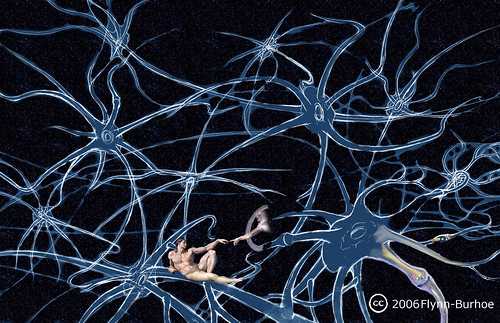caitlinjohnstone | Humanity is becoming more conscious.
It is. This is not a popular thing to say in the more cynical and pessimistic corners of the internet, but it’s true.
I’m not referring to anything “out there” or “spiritual” when I make this assertion. I’m talking about a mundane reality that is easily verifiable by casual observation, if you just look past all the headlines and narrative chatter to see the big picture as a whole.
Humans are becoming more and more aware of what’s going on, both in our world and in ourselves, as our ability to network and share information with each other becomes greater and greater. Because of the ubiquitousness of smartphones and social media, things like police brutality and the abuse of Palestinians are no longer regarded as mere verbal assertions made by their victims but as concrete realities which must be addressed. The most viral posts of the day on apps like Twitter, Reddit and TikTok are routinely just people making relatable observations about their feelings and psychological tendencies and what it’s like to be human.
These things matter. Seeing into each other and around our world all the time like this, in a way we never could before the internet, can’t help but change things. It’s a consistent rule throughout history that every positive change in human behavior has been preceded by an expansion of consciousness, whether it’s becoming collectively conscious of the injustices of racial discrimination or individually conscious of the motives and consequences of our self-destructive behavior. Increasing consciousness is always a movement toward health.
And a movement toward health absolutely is what’s been happening. The young today are the kindest, most sensitive and most awake generation that has ever lived, no matter what the bitter old farts say about them. My kids are having conversations with their friends that are vastly deeper and more tuned-in than I was having with my own friends at their age. The independent content that people are creating without the authorization of the cultural filters in New York and Hollywood can take your breath away every single day if you know where to look, while the movies from the eighties which once enthralled us are today virtually unwatchable because of how shallow and artless they are compared to what we’re now used to seeing.
It’s happening in a weird, sloppy, awkward way,
like an infant learning to walk, but it is clearly happening. It’s
happening through an internet whose origins are rooted firmly in the US war machine, it’s happening through billionaire-owned social media platforms with extensive ties to powerful governments,
it’s happening through technologies that are the fruits of all the most
exploitative tendencies of global capitalism, but it’s happening.






